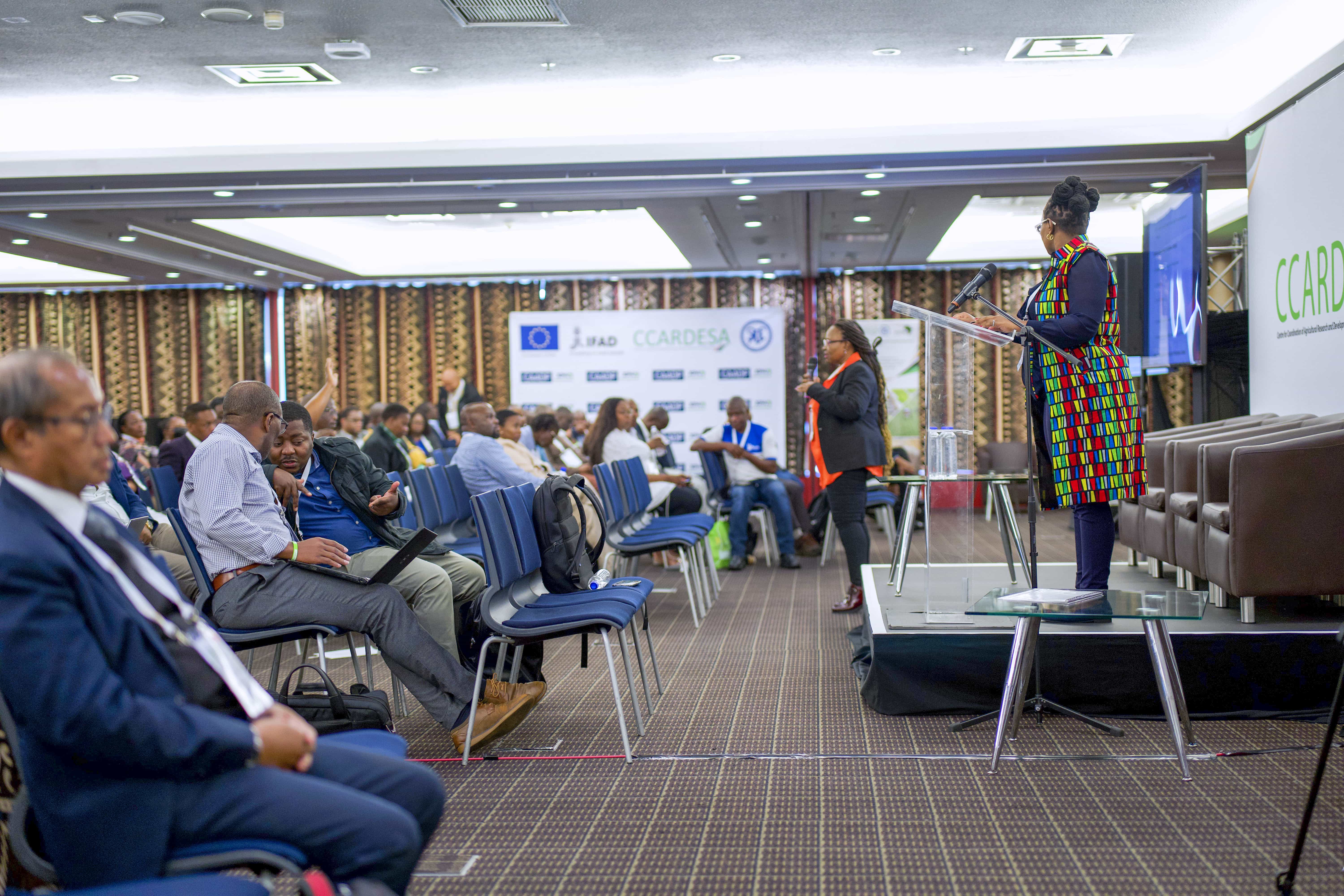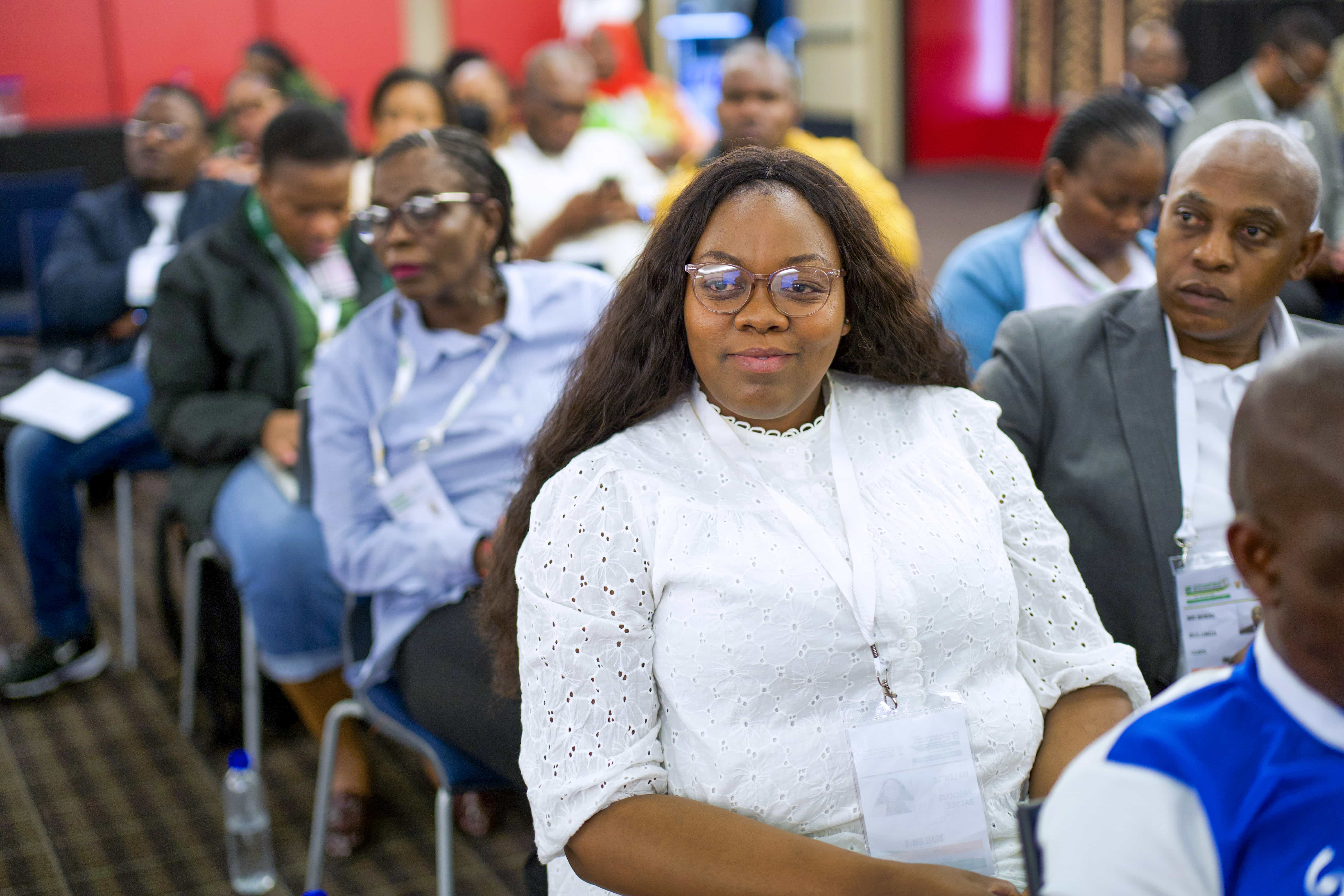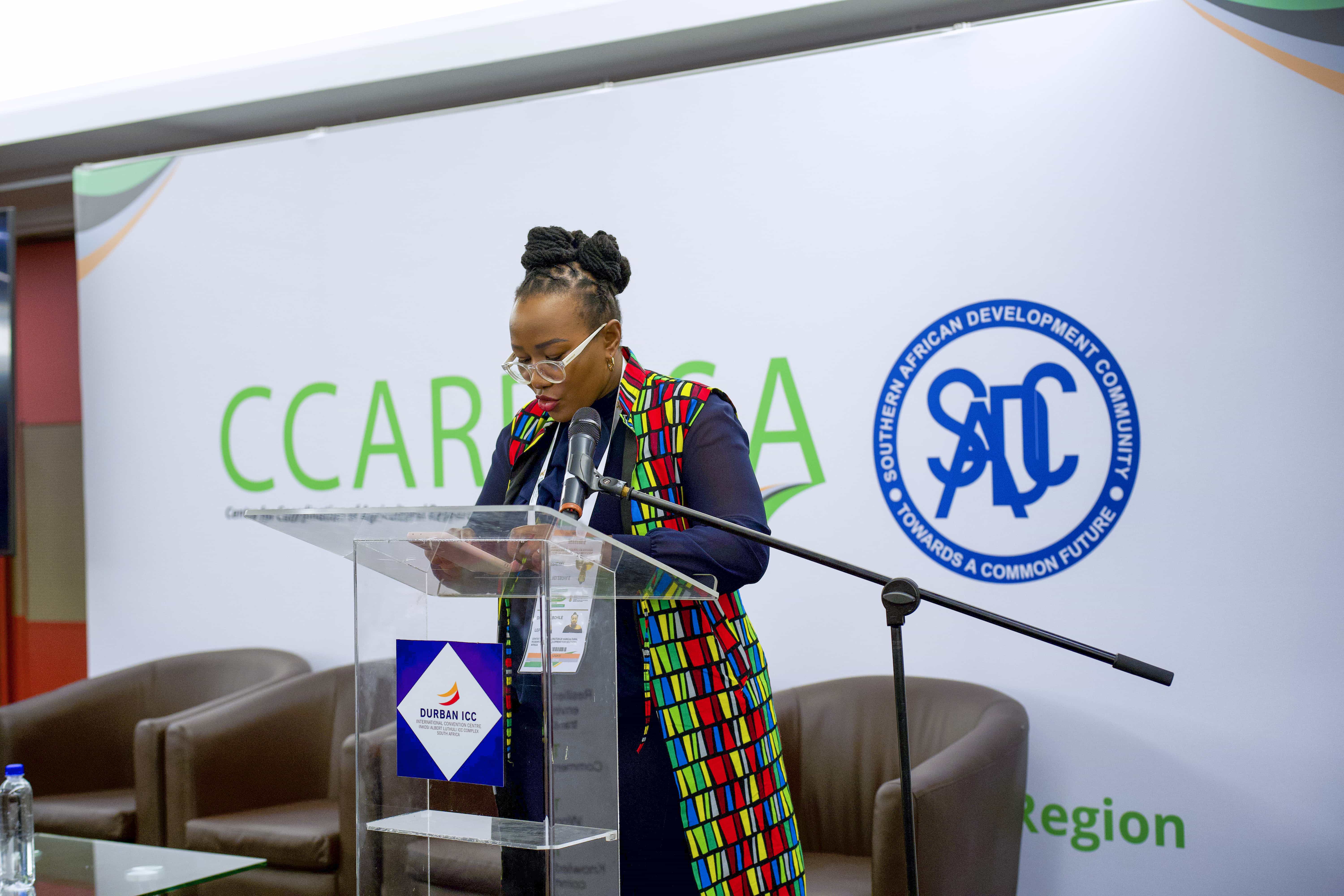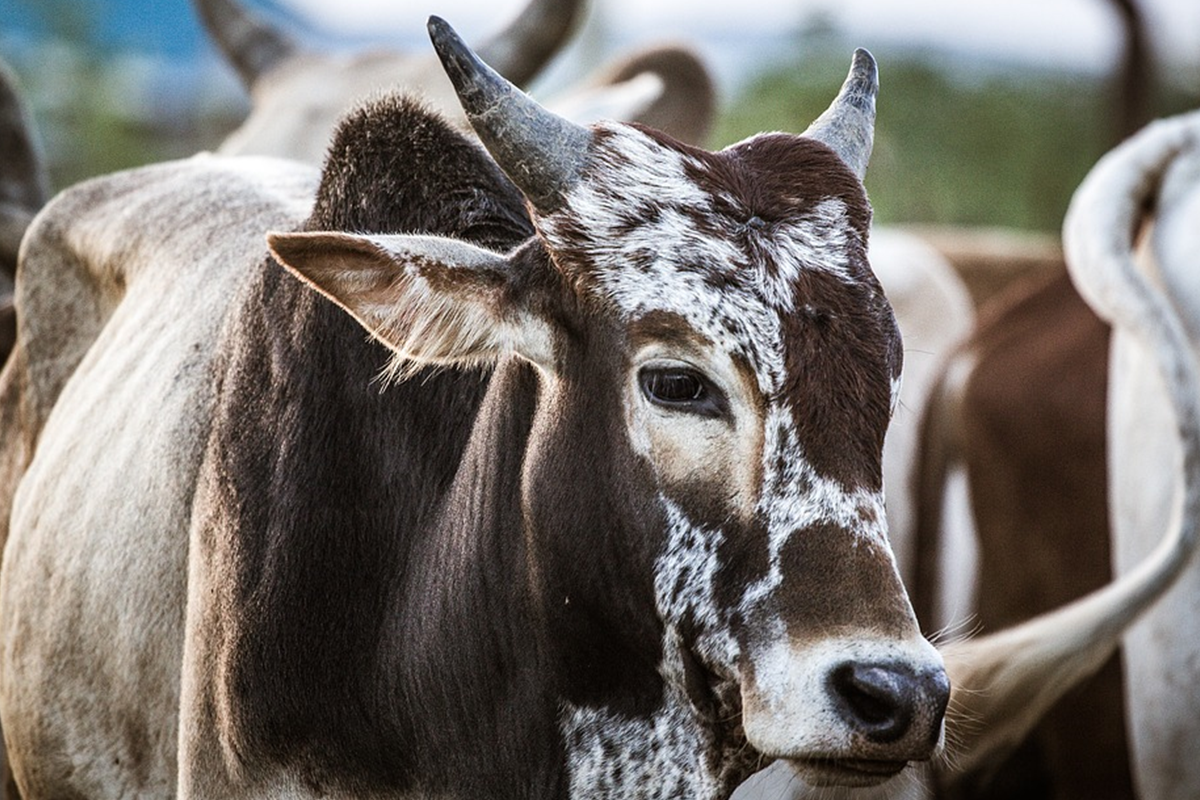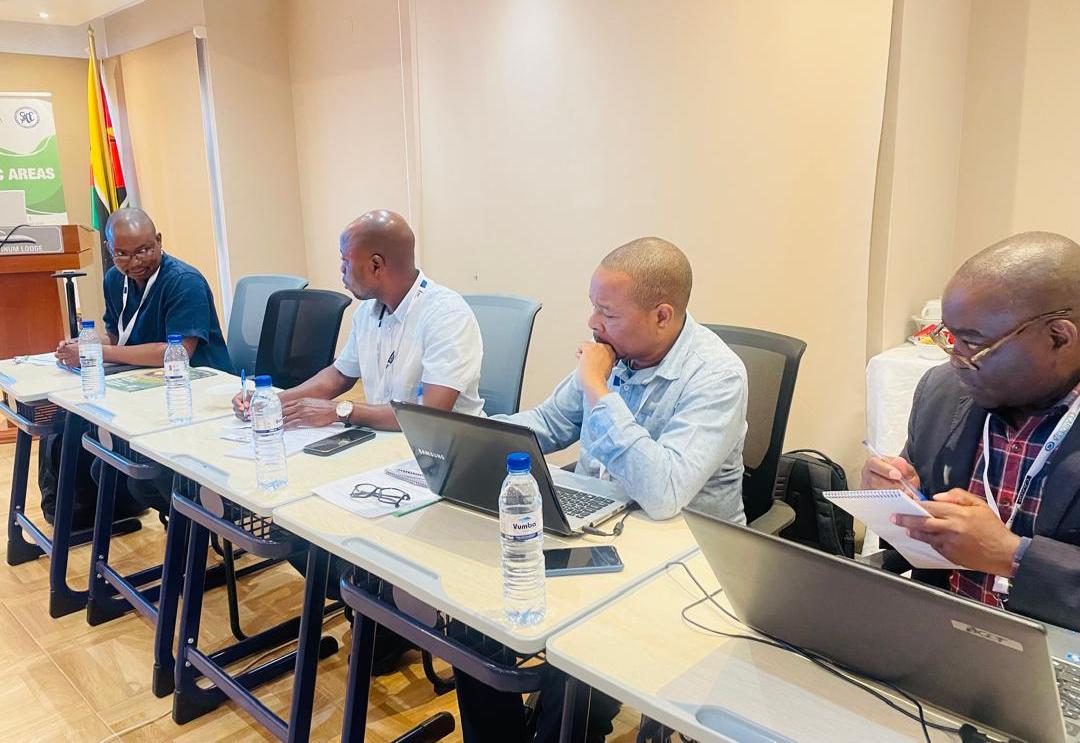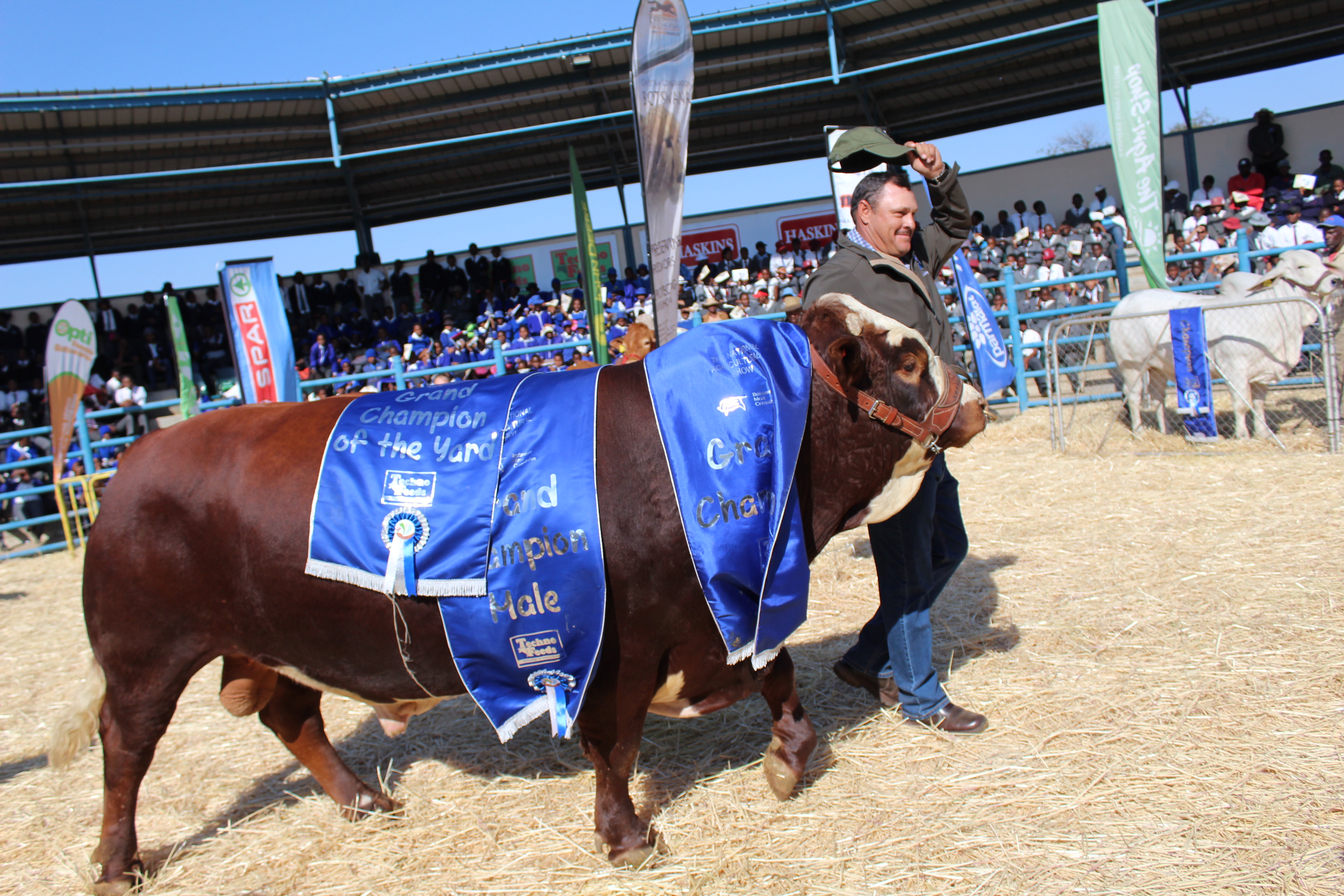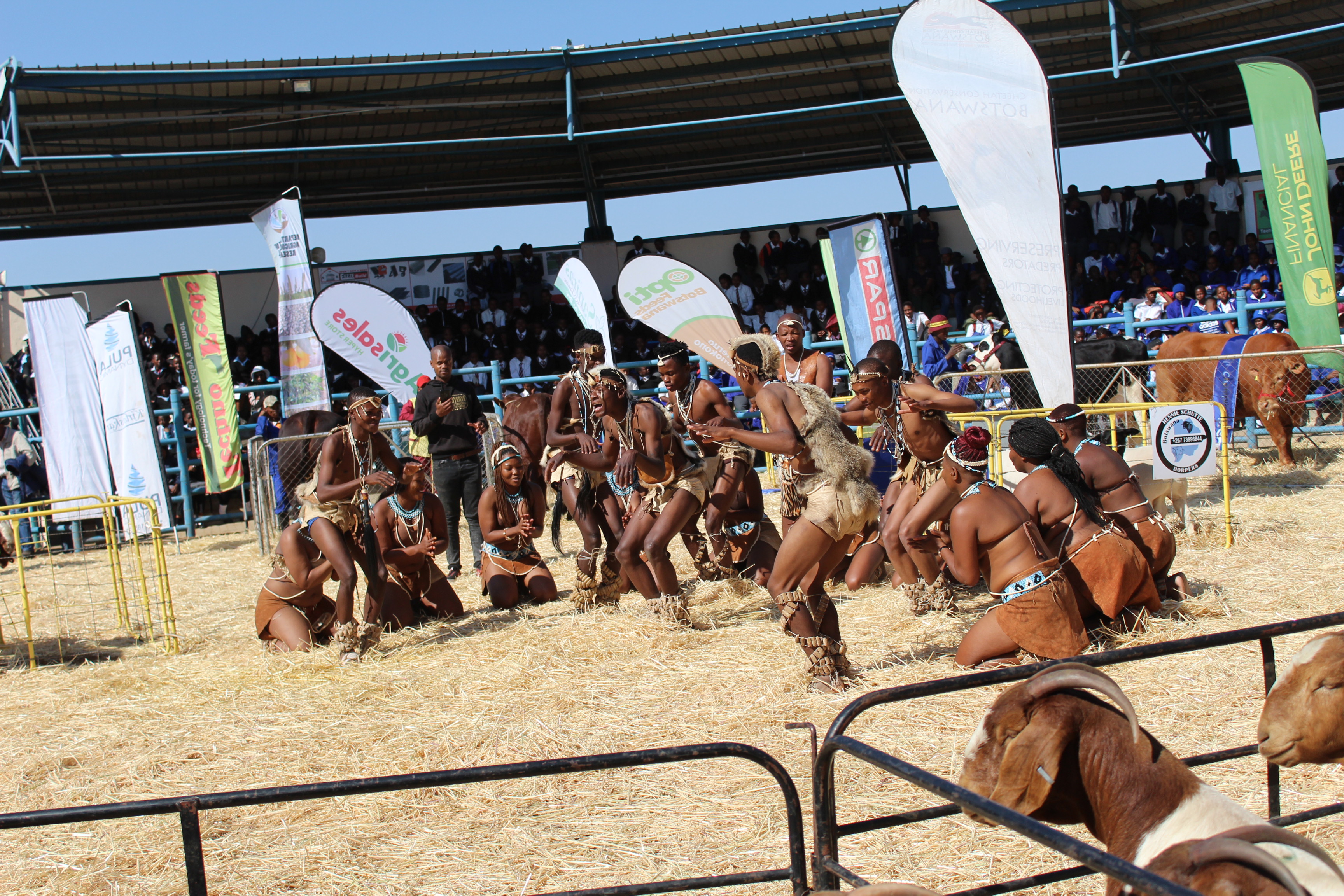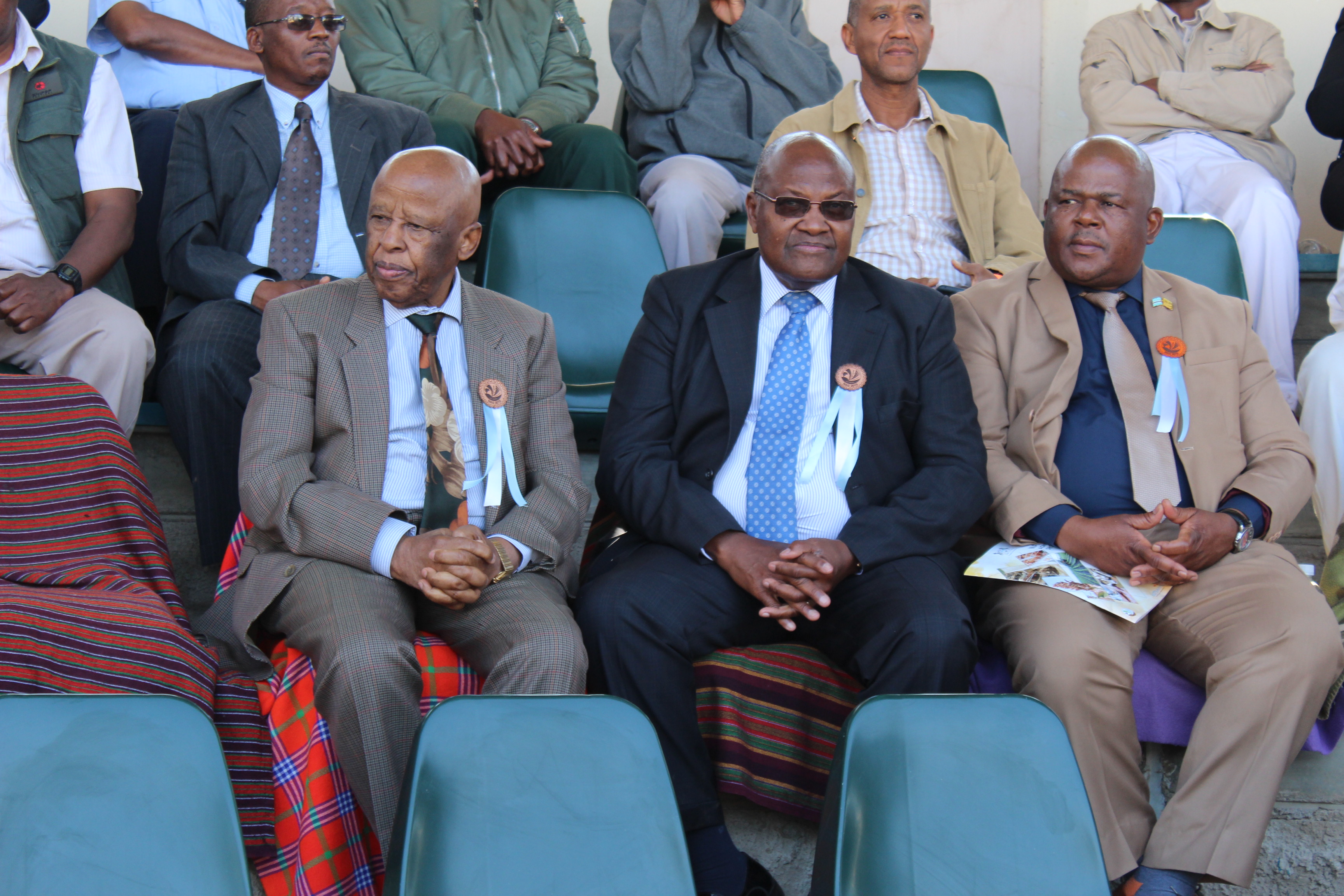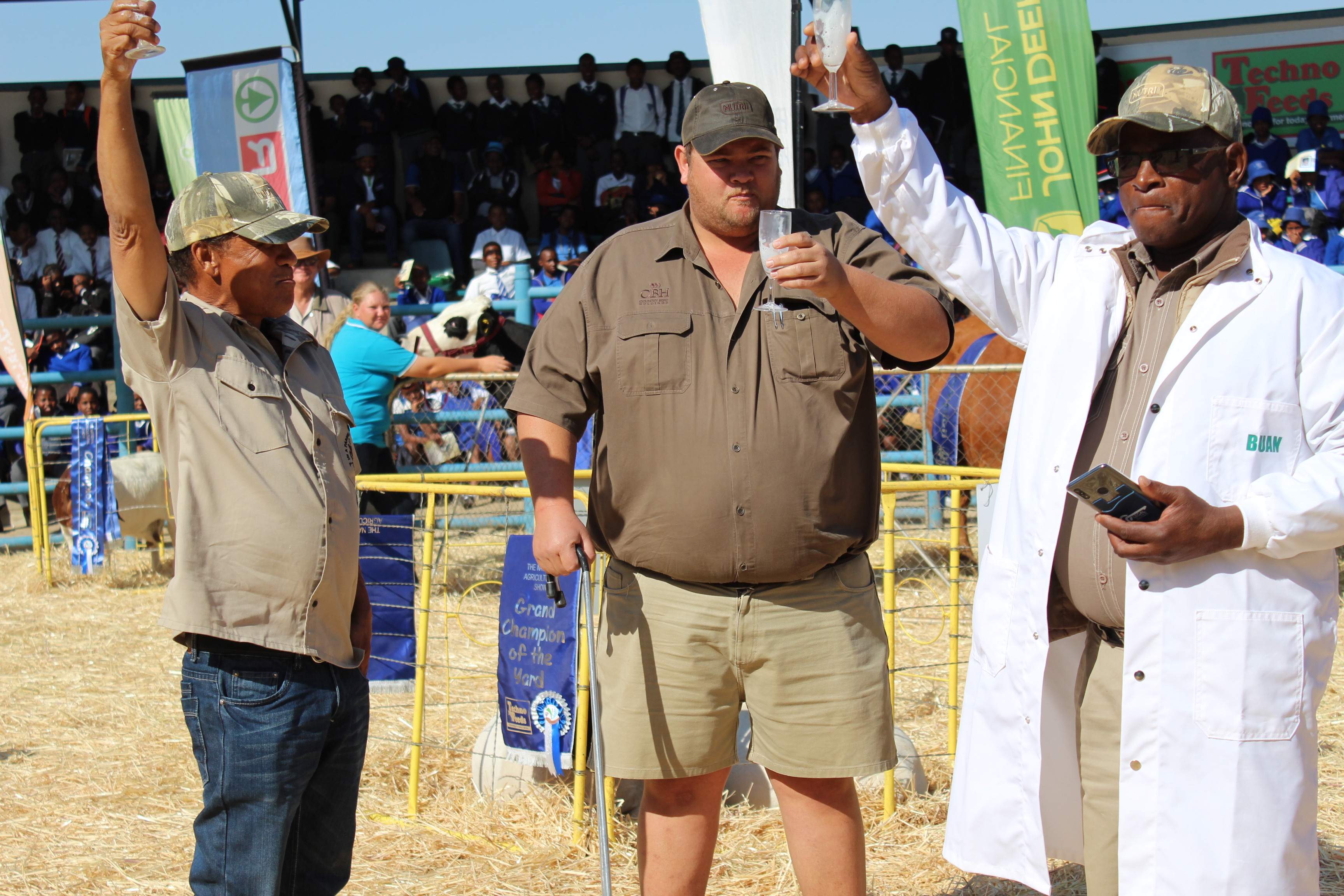Histoires de réussite de SADC, Vol. 2, 2017
Il s'agit du deuxième volume d'un recueil d'histoires du Secrétariat de la SADC visant à informer les citoyens de la SADC et à les sensibiliser davantage aux impacts positifs des protocoles, accords, politiques et stratégies de la SADC. Il cherche à brosser un tableau précis de la manière dont les programmes d'intégration régionale de la SADC changent pour le mieux la vie des citoyens de la SADC. Pour n'en citer que quelques-uns, au Zambèze, il y a la construction du pont de Kazungula, qui constituera bientôt une importante liaison de transport au cœur de la région de la SADC. Au Malawi, il y a la tomate de Bvumbwe, qui a été développée pour répondre aux conditions spécifiques de cette région et aux besoins de la population de la SADC. Et dans la baie de Walvis en Namibie et à Nacala au Mozambique, il y a deux points d'entrée au réseau croissant de corridors de développement le long desquels la région SADC se développera dans les décennies à venir.
Histoire d'une réussite
Secrétariat de la SADC, 2017. Histoires de réussite de SADC, Vol. 2, 2017, Secrétariat de la SADC, Gaborone


